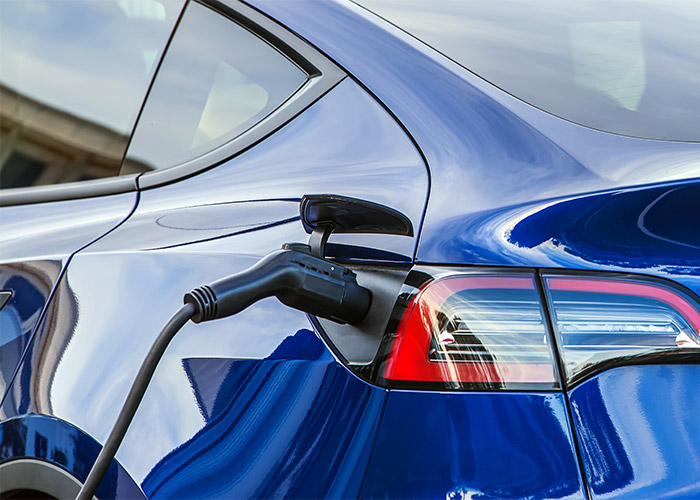Here at Angel Advance, we often talk about the importance of budgets and spending plans to keep your finances on track, paving the way for a better financial future. Alongside general savings accounts, emergency funds are always something we encourage people to incorporate into their spending habits. In fact, statistics from money.co.uk’s recent savings report show that ‘up to a third of adults had either no savings (less than £1,000) in a savings account’, including those without an emergency fund.
Carry on reading to learn more about what an emergency fund actually is, and why you should start using one if not already.
What Do I Need to Know About Emergency Funds?
A common type of savings fund, an emergency fund is created solely for the purpose of covering any unexpected financial outgoings. Many people tend to contribute a manageable amount to their emergency funds each month.
Emergency funds are often considered as a sort of financial safety blanket, so you’re not completely out of pocket or relying on credit cards or loans when costly events take place. There are several different occasions where an emergency fund becomes helpful, including but not limited to:
- Unexpected job loss
- Health emergencies, such as medical or dental care
- Home repairs and maintenance
- Vehicle issues
- Vet bills
The Benefits of Emergency Funds
Emergency funds have a number of benefits which can help you deal with a surprise outgoing more efficiently, both from a mental and financial perspective:
1. Reduces Shock and Stress
Having to spend large sums of money unexpectedly is understandably a large source of stress for many people, but this is where emergency funds can help. Knowing that you’ve already been putting money away into a separate fund for this sort of emergency ensures that you’re not living beyond your means and creating more problems as a result.
2. Helps With Cash Flow
If you’ve already got money put aside for an unexpected event, then it could mean that you won’t have to dip into your savings or current account to cover the cost. This is especially important if you have a number of priority bills, such as your rent, mortgage, council tax bills and so on.
3. Less Likely to Borrow at High-Interest Rates
Being faced with a large bill out of the blue could drive people to borrow money, resulting in much higher interest rates. Not having the funds outright to pay for the emergency could end up costing you even more in the long run as you’ll have to pay back more than you needed in the first place.
How Much Should You Put Into an Emergency Fund?
Everybody’s financial situation is different, and therefore it will depend on your individual circumstances as to how much you can afford to put away each month into an emergency fund.
As a general rule, it is recommended that you save little and often so your emergency fund can grow over time without you losing out too much each month. To give yourself a solid backup plan, three months’ worth of your essential outgoings provides you with a financial cushion for a few months and gives you the time to make any changes to your outgoings, such as changing energy providers to get a better deal.
Even if you can’t reach this goal, putting any available income into an emergency fund is much more beneficial than not having any funds at all to rely on.
Get in Touch For Help With Budgeting
If you need support when creating your budget or setting up an emergency fund, the friendly and experienced debt advisors at Angel Advance can help. We help people daily with their financial goals, offering no-obligation debt advice day and night! Visit our online debt advice tool for help with debts, or contact our team via email, phone or WhatsApp today.


